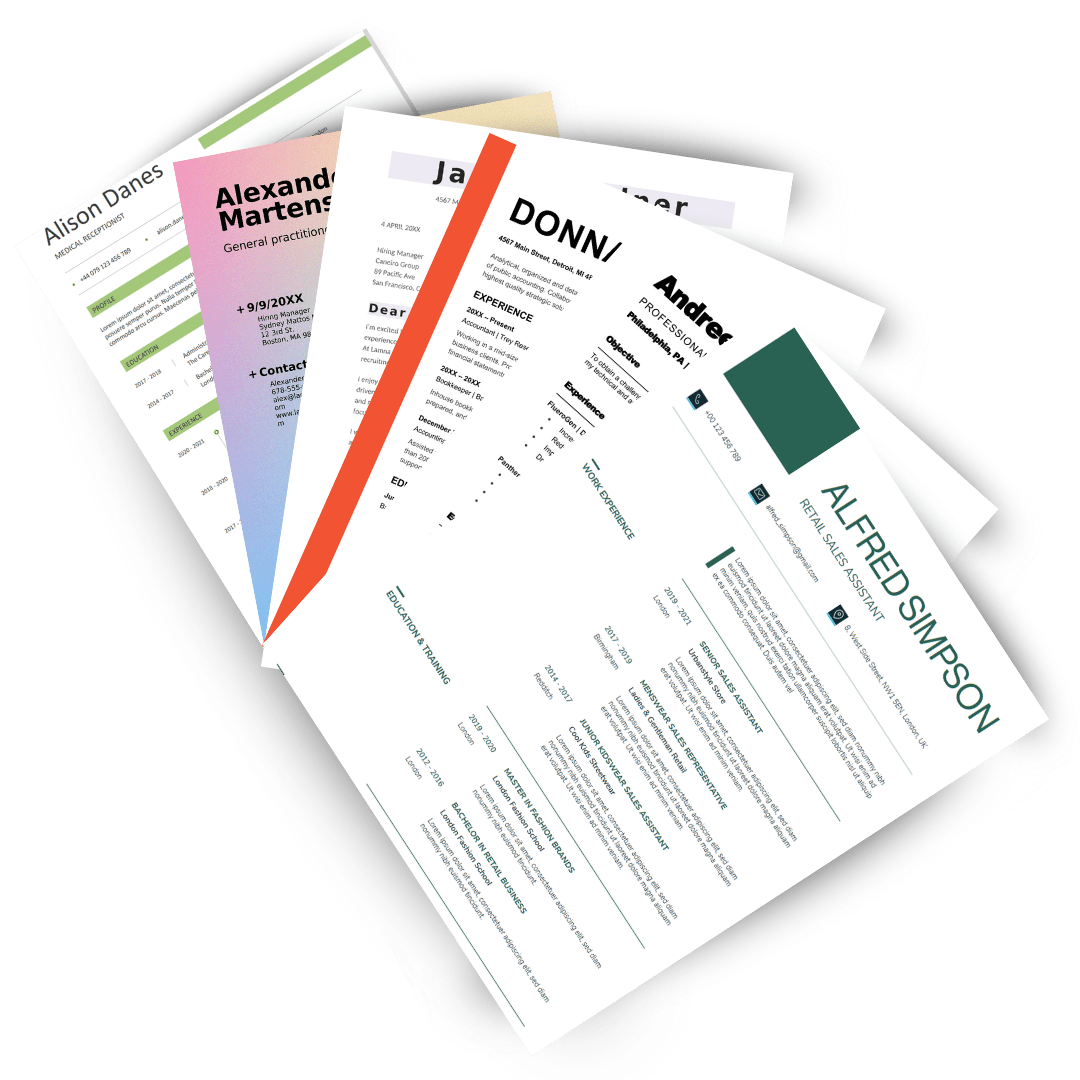The team at our Career Centre provide you with free CV templates, and we can review your current CV and provide feedback to ensure it stands out from the crowd. Plus, we have compiled a few helpful tips here to help you get started in the right direction.
Should You Tailor Your CV To The Job?
Short answer, yes! While this may take a little time, it can spell the difference between your CV being discarded in a submission round's initial stages and making it into the hands of someone with decision-making power.
A tailored CV shows employers that you are paying attention and you are prepared to make an effort.
So how do you tailor a CV?
Read the Job Listing, Now Read it Again
The job listing will tell you precisely what the hiring team are looking for. The first step towards creating a tailored CV is to identify the experience, skills and qualities that you have that match the job description.
This may involve looking at what you do from a slightly different angle. Perhaps your CV uses the work history title ‘Bookkeeper', but the job description asks for an Accounts Assistant; you can change the job title on your CV to match in order to be considered for the role.
Do Your Research
Get online and research the company you are applying to so you can tailor the tone of your Curriculum Vitae to match.
This could mean adding words that frequently occur on their site that speak to their values - think integrity, innovation, sustainable. Remember, it's not a case of mimicking their web copy, just utilising terms they use that are relevant to your values.
Do a Google Search to discover whether the company has won any awards or appeared in the news and or just look generally at the industry to understand what kinds of ways people discuss the work.
Doing this kind of research will help you tailor your CV authentically and will also be invaluable when meeting a prospective employer for an interview.
Line Up Your Relevant Skills
This part is so important. You may have a veritable shopping list of skills - or you may have one or two. Relevance is what counts when figuring out how to create a CV that will make it to the top of the pile.
Go back to the Job Description and be sure to tailor your CV to match the keywords they are using to describe the skills they are seeking. This includes adding specific software that is mentioned by name - if you have those skills.
This applies when you are writing out bullet points to describe your experience, keep it relevant to the Job Description and use keywords.
Simple Formatting For the Win
While it may be tempting to show off your creative formatting skills when you are building your Curriculum Vitae, it's best to stick to the classics here.
In Australia, you want to use British English when it comes to your spelling, and you should choose a standard font like Arial, Times Roman or Calibri - and stick to 11-12pt font - it's also a good idea to use the same font on your Cover Letter and your CV.
Don't add tables, images, or border flourishes - also, graphs and excessive columns could see your CV getting knocked out in the first round by Applicant Tracking Systems (ATS).
Neat, clean and concise are all excellent goals for formatting your CV, and our Career Centre team can point you in the right direction here, with free templates included in the enrolment price.

Formatting Made Easy
Recruiters and medium/large companies widely use Applicant Tracking Software - you can read our blog here to understand more about what this means for your Curriculum Vitae.
It's important to factor this in when you are thinking about how to write a CV - one tip would be to steer clever of PDFs when using online CV submission windows. Stick to .doc or .txt to slip past the robot gatekeepers.
Get In Touch
For more Curriculum Vitae tips, get in touch with the Career Centre today. Let's get you that job!


